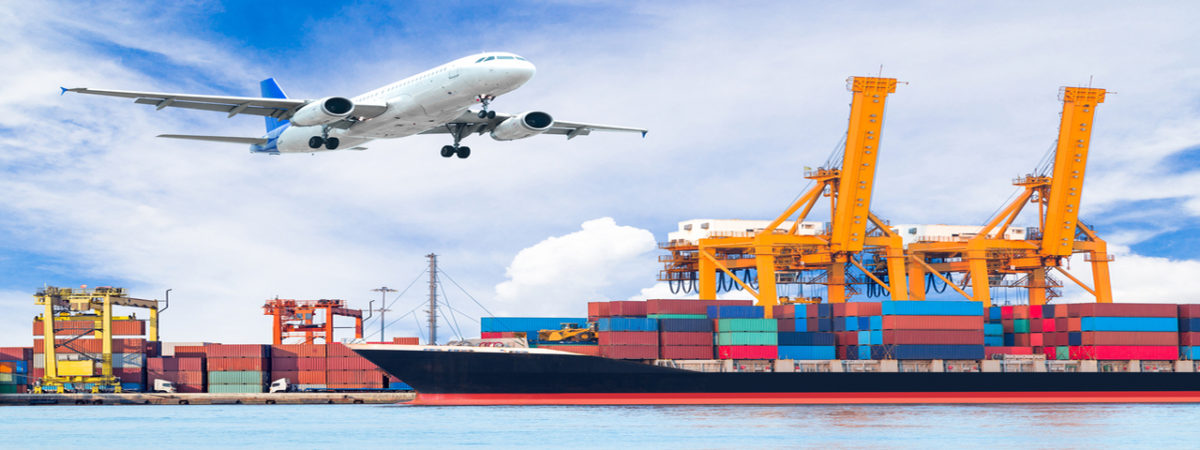Corruption – The World’s Big C
SUGGESTED

Professor Berkeley Hill of Imperial College London et al analyse the appropriate roles of the public and private sectors in the developing rural economy.

A critical examination of the fair trade movement

Analyses the causes of corruption and offers some solutions.
There is general agreement that the world would be a better place without corruption, but there is less general understanding of precisely what constitutes corruption. In this book Ian Senior carefully defines corruption and finds that it is all too prevalent, not just in developing countries, but also within the institutions of governments within the EU.
The book analyses the causes and consequences of corruption. There are many social and moral problems created by corruption, but from an economic perspective it has to be regarded as a serious impediment to the proper functioning of a market economy. It also has the effect of redistributing wealth away from the poor towards the better-off and towards employees of government.
Ian Senior proposes a zero tolerance approach to rooting out corruption. In particular, we should not give aid to the governments of under-developed countries or use corrupt agencies for the distribution of aid.
This monograph reminds us just how widespread corruption is and of the serious damage it can cause to the development of a market economy and a free society.
2006, Research Monograph 61, 978 0 255 36571 0, 207pp, PB
See Also
Crime: Economic Incentives and Social Networks by Paul Ormerod



